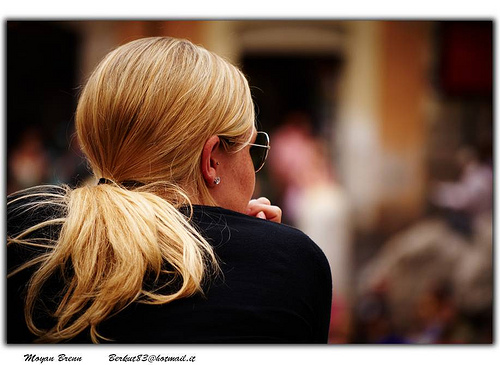The Industrial-Consumer Model
Unnecessary or excessive consumption is a direct causal deforestation, emissions of greenhouse gases, mining, desertification of soils and problems of access to drinking water, the heavy air pollution caused by waste and many other environmental problems. However, when talking about solutions to climate change or for any of these problems, rarely is usually placed the emphasis on reducing consumption as part of the solution, but aims to make technological changes or any other guy as to maintain consumption levels and current comfort. The industrial-consumer model is not only part of the environmental crisis in which we are immersed, but it is one of the main roots. Understand this and accept it would certainly be the key to start thinking about the right way, the changes necessary to stop the looming disaster. A day without shopping is an interesting proposal that adhere and support, with the ultimate goal and most importantly, become aware and responsible consumers 365 days a year. The NGO said in a statement that “the current pattern of consumption is socially and environmentally unsustainable” and said that initiatives like this help to “denounce the environmental and social crisis that this model has led consumer.” In this regard, it supports alternatives such as fair trade, ethical banking or organic food stores, which “call into question the conventional trade, which is not fair, conventional banking, which is not ethics, and industry intensive feeding, unsustainable.
” It also notes that there are other ongoing projects, “small in scale and that work as true test of alternative spaces of consumption sustainable and socially responsible. Thus, self-managed cooperatives consumption of organic products pose “a citizen initiative that encourages direct contact between consumer and producer critical sustainable” and, in the same way, “creates a culture of local cooperation between neighbors, the center large area of trade and almost completely eliminated Ecologists in Action disseminates and supports these alternatives, which are a sustainable form of consumption small and medium scale. For example, fair trade, ethical banking or organic food stores have managed to find a place and at the same time, calling into question the conventional trade (not fair), the conventional banking (unethical) and industry intensive feeding (unsustainable). the good news. com added to the connection that the day without shopping is not intended to change behavior during a single day.
But be a reflection to our daily behavior. The aim of the day without shopping is to introduce into the heads of a worldwide concern with the future and a critical spirit away society we are creating. -business environment.
